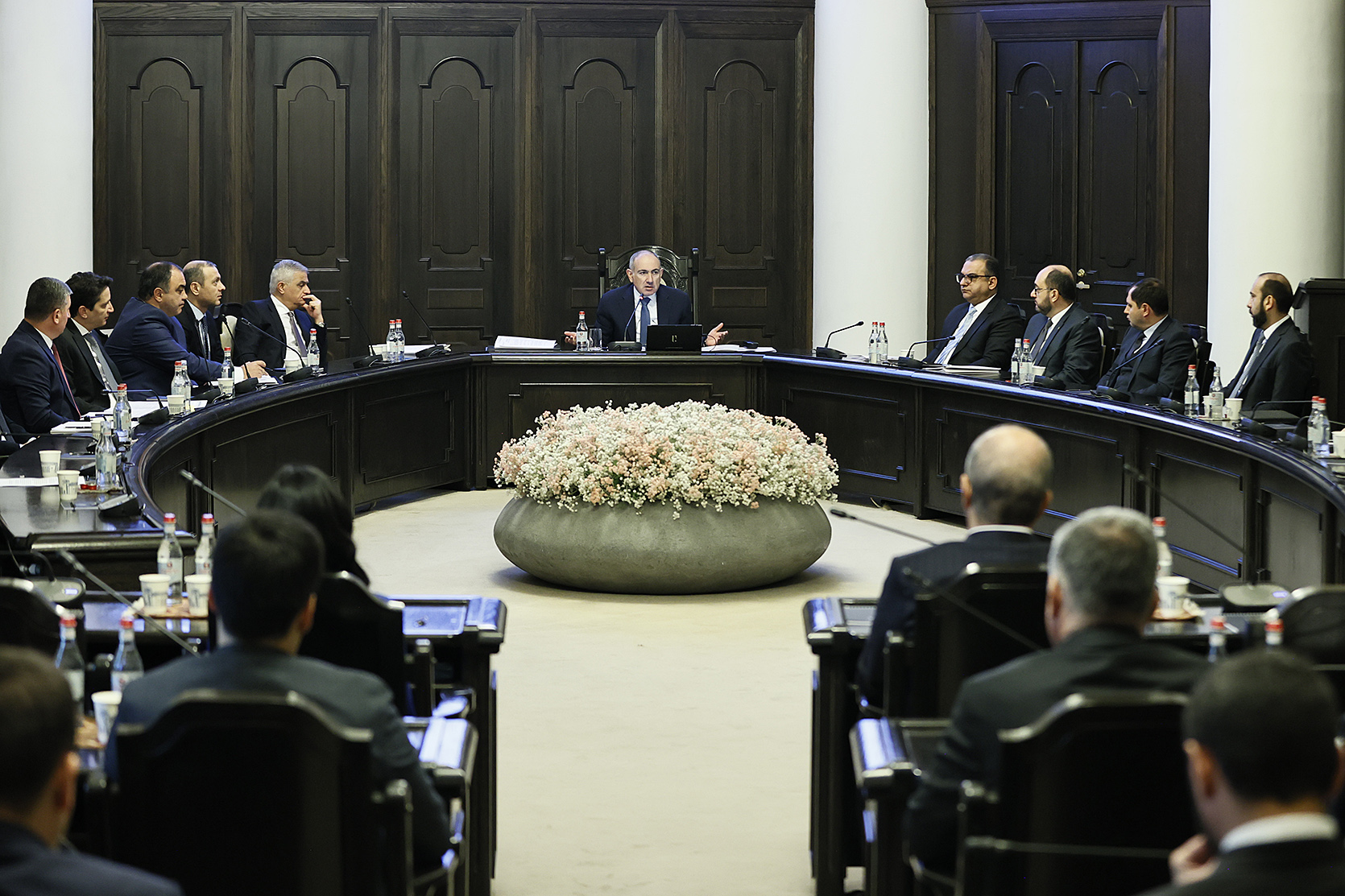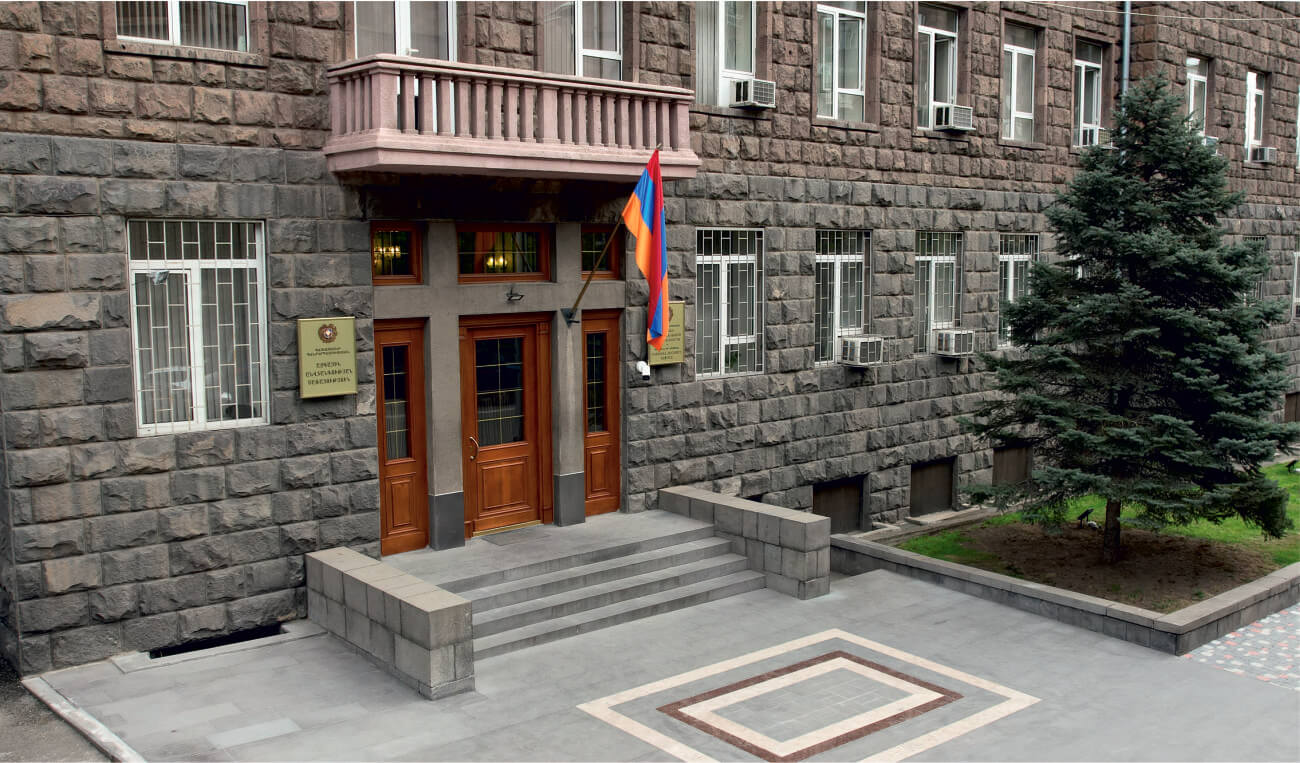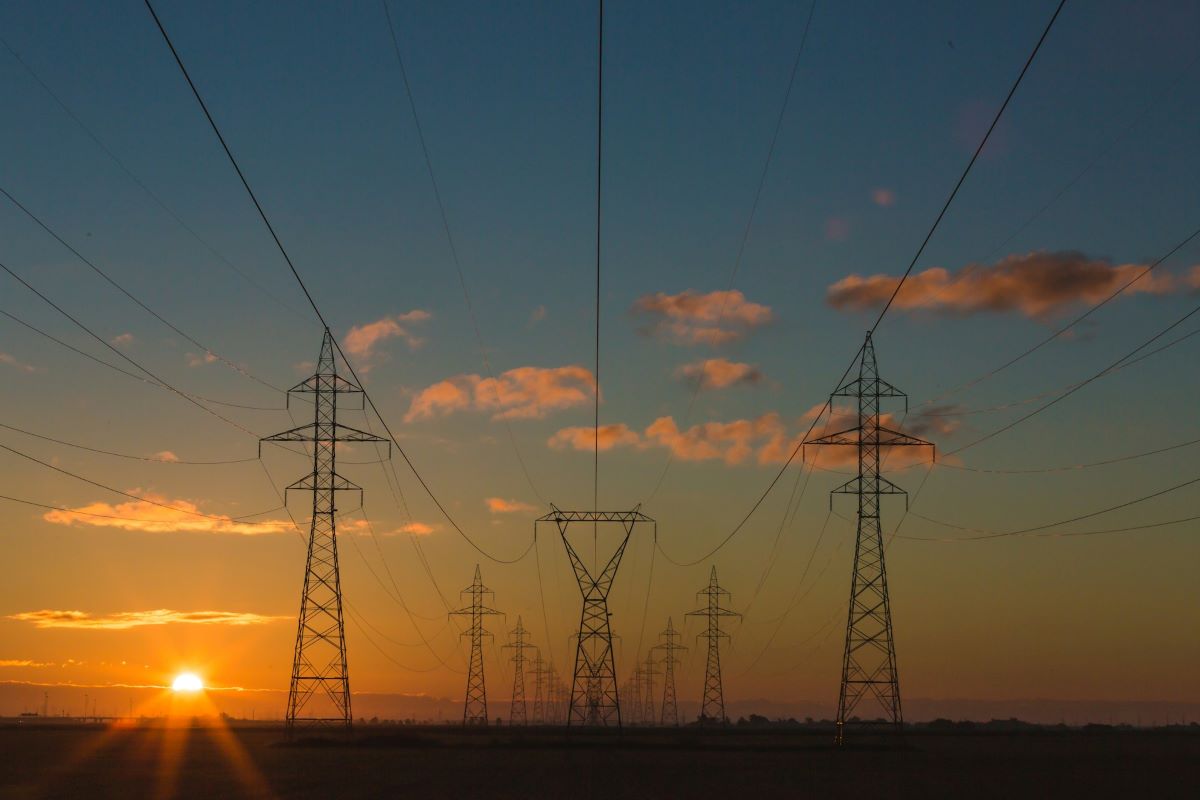
Six Armenian officials resign simultaneously
Six senior Armenian officials have resigned, with Prime Minister Nikol Pashinyan attributing the departures to “systemic issues” rather than personal reasons.
As of publication, the resignations include the Chair of the Supreme Judicial Council, the Head of the Anti-Corruption Committee, the Minister of Internal Affairs, the Chair of the Investigative Committee, the Minister of Territorial Administration and Infrastructure, and the Head of the State Revenue Committee. On the eve of these announcements, media and social networks also speculated about the resignations of two additional officials, though this information remains unconfirmed.
Earlier. during the last government meeting before these mass resignations, Pashinyan spoke about unresolved issues within the justice system that his administration had failed to address over the years. He mentioned public complaints about rising crime and high levels of corruption, stating that his “patience has run out.”
Political analyst Hakob Badalyan believes that these officials “did not deviate in any way from the political goals pursued by Pashinyan’s government.” He suggests that “this collective decision is not due to the functional inefficiency of individual agencies but rather to significant changes occurring on the international stage.” Among these changes, Badalyan particularly highlights the election of Donald Trump as U.S. president.
“In this new situation, Pashinyan needs a more reliable and controllable system, possibly with a different approach. The new appointments will serve as an indicator to help understand this approach,” Badalyan told JAMnews.
- ‘Trump’s rejection of isolationism could weaken Russia’s influence’- opinion from Yerevan
- “Armenia faces challenges if Georgia embraces the Eurasian path”: Opinion from Yerevan
- Regional transportation routes: How Georgia’s transit role is changing in light of new realities
Prime Minister ‘requested resignations’
Armenian media began reporting on the anticipated resignations late Sunday night, with confirmations of these rumors unfolding throughout Monday. Prime Minister Nikol Pashinyan also addressed the matter on his Facebook page, stating that he had asked several high-ranking officials to step down:
“The reasons for my request are not personal but systemic, as I have publicly discussed. At the same time, I cannot deny the contributions of my colleagues to the development of our statehood, and I thank them all for their efforts and understanding of my request,” the Prime Minister wrote.
Officials mum on ‘deeper reasons’ behind departure
Amid reports of anticipated dismissals, the Chair of the Supreme Judicial Council, Karen Andreasyan, took to social media in the morning to get ahead of the rumours and personally announce his resignation.
“Everything is clear, and I don’t want to speak about the deeper reasons. I am leaving without scandals, bitterness, or disappointment, having held this toxic post longer than anyone else. I sincerely believe in a stronger Armenia and a fair judiciary in the future.
All the current failures in the judicial system are only short-term because it was impossible to meet society’s justified demands within two years. Moreover, we did not aim to meet unjust expectations,” wrote Andreasyan on his Facebook page. He had served as the head of the Supreme Judicial Council since 2022.
Following this statement, a series of other officials announced their resignations, including Minister of Internal Affairs Vahe Kazaryan, Head of the Investigative Committee Argishti Kyaramyan, Minister of Territorial Administration and Infrastructure Gnel Sanosyan, Chair of the State Revenue Committee Rustam Badasyan, and Head of the Anti-Corruption Committee Sasun Khachatryan.
Internal political context: ruling party vs opposition
The parliamentary opposition views the resignations through the lens of pre-election strategy. Opposition members claim that ahead of the 2026 parliamentary elections, the authorities are attempting to create a new image for themselves. This perspective was echoed by Tigran Abrahamyan, secretary of the “I Have Honour” faction:
“The government is trying to present itself, let’s say, with a new face. I see this step as part of an election campaign.”
Meanwhile, MPs from the ruling faction argue that the issue should be seen in the context of systemic reforms rather than domestic political or pre-election processes.
“People in Armenia are demanding justice. It is crucial to transform this demand from an emotional plea into an institutional reality. In this regard, there are fulfilled expectations as well as shortcomings and unresolved issues,” said Hayk Konjoryan, head of the “Civil Contract” faction.
He also recalled the Prime Minister’s promise at the government meeting to “start making decisions,” adding that he sees “no surprises” in the current developments.
‘People don’t believe I’m not Behind these staged scenarios’
At the government meeting on November 14, Armenia’s Prime Minister addressed judicial system reforms. According to him, after the 2018 revolution, many expected that under his leadership, or perhaps at his directive, revolutionary groups would be formed to recover stolen state funds or imprison those who had acquired illegal wealth. However, Pashinyan stated that the decision was made to take an institutional rather than a revolutionary approach:
“Fine, I can endure. I can endure for 2 years, 3 years, 4 years. Dear colleagues, esteemed members of the judiciary, legal system, and law enforcement. My patience has run out. I am telling you all directly: this must end. This cannot continue.”
Speaking about court cases that have dragged on for years, the Prime Minister emphasised:
“People do not believe that I am not orchestrating the scenarios of these performances. This is the most serious political problem, and it must be resolved.”
These remarks came after discussions on police reform strategies. Pashinyan highlighted that the government has made significant investments in reforming the law enforcement system. As a result, citizens should feel the impact of these investments, and society should not complain about a lack of justice:
“I have nothing more to give you. I gave you everything you asked for. I interfered in nothing, in nobody’s affairs. And all for what? So that I could visit some village and hear the same story again: that just as everyone feared a certain person before, they still fear him now? So that it appears Armenia has a weak government?”
Комментарий политического обозревателя Акопа Бадаляна
“I am inclined to believe that these internal changes, especially the group resignations, are driven by external changes taking place beyond Armenia. They are intended to make our state system more adequate and aligned with these changes, enabling easier adaptation to them.
At the government meeting, the Prime Minister sharply criticised law enforcement officials. However, the tone of that speech did not suggest that changes were imminent. It gave the impression that they were being given a final chance to correct their course and draw conclusions. Only if this chance was not used, resignations would follow.
Therefore, one can’t help but wonder: what happened in the three days that led to these group resignations?
I think this scenario had been brewing in Nikol Pashinyan’s mind for a long time. His speech at the government meeting was merely a prelude to a decision that was already being prepared, designed to maximise its propaganda effect. The decision was likely influenced by external impulses—not direct instructions, but stimuli that could have prompted Pashinyan to implement this scenario.
We observe that following the U.S. presidential election, certain changes in the global environment are taking place. Trump will engage in international developments with a different style, heralding a new logic of ‘global negotiations.’ In such conditions, Armenia’s government will naturally feel the impact of these changes. I believe Pashinyan is trying to adapt his government to these conditions and to anticipated or possible shifts.
From the perspective of the functional efficiency of individual structures, the grounds for changes have long been present but were not acted upon.
This indicates that the real issue is not functional efficiency. Moreover, it remains unclear whether substantial changes will occur after new appointments.
It is evident that these officials did not deviate in any way from the broader political objectives of Pashinyan’s government, even if they were expected to remain apolitical or above politics. This decision was not prompted by issues related to specific sectors.
A more precise assessment can be made once we see who will be appointed to these positions and on what basis they are selected.
It is possible that, in light of the aforementioned external changes, Pashinyan wants to have a more cohesive team. Perhaps he will try to appoint individuals he considers more reliable, particularly in the legal system. However, I believe the primary motivation stems from changes occurring beyond Armenia or those that are imminent.
Interestingly, the decisions were made between two significant events: a phone conversation with Trump and a visit to the Vatican. I do not see instructions there but rather external impulses that led Pashinyan to make internal decisions.
It is also worth noting that Pashinyan has long been reshaping his team, bringing in ‘fresh blood.’
He understands well that with his current team, it is impossible to face elections—whether regular or, if necessary, early elections. This is true even in the absence of strong competitors. Therefore, these changes can also be seen as part of the process of injecting ‘new blood’ into the team.”
Six Armenian officials resign simultaneously




